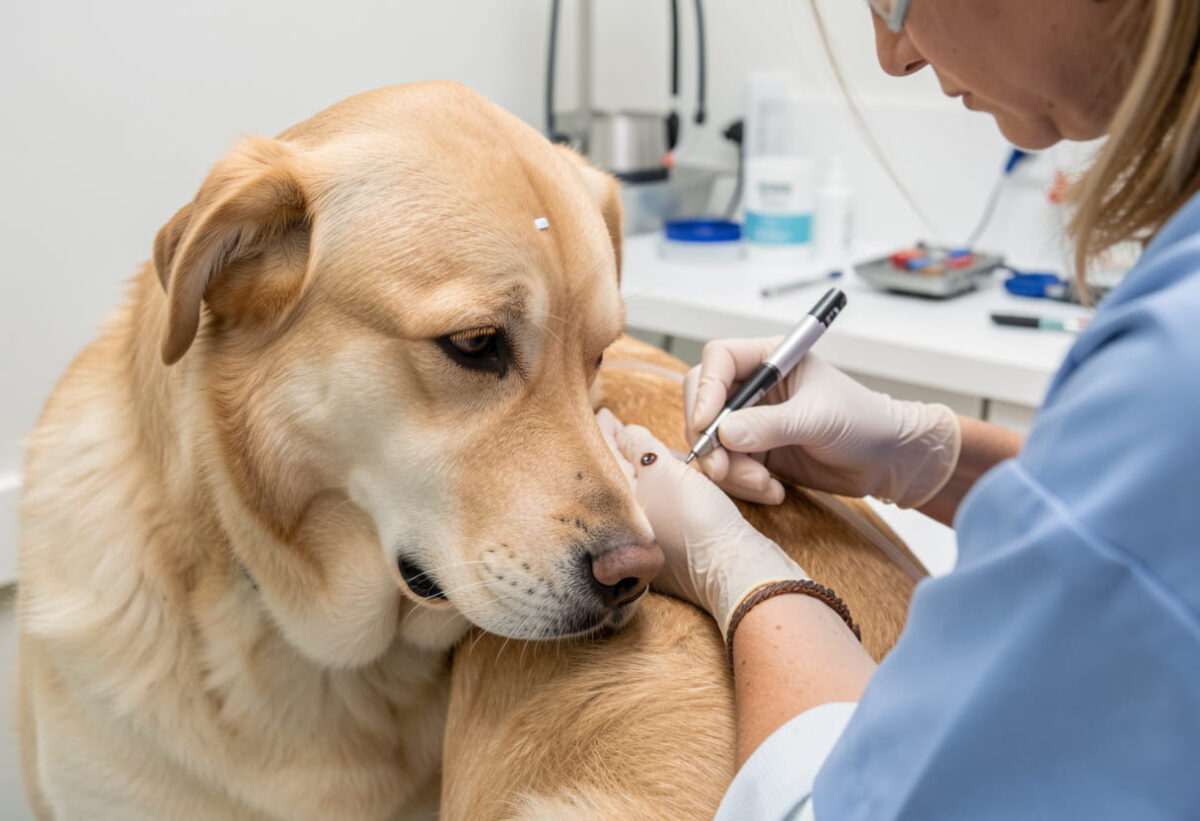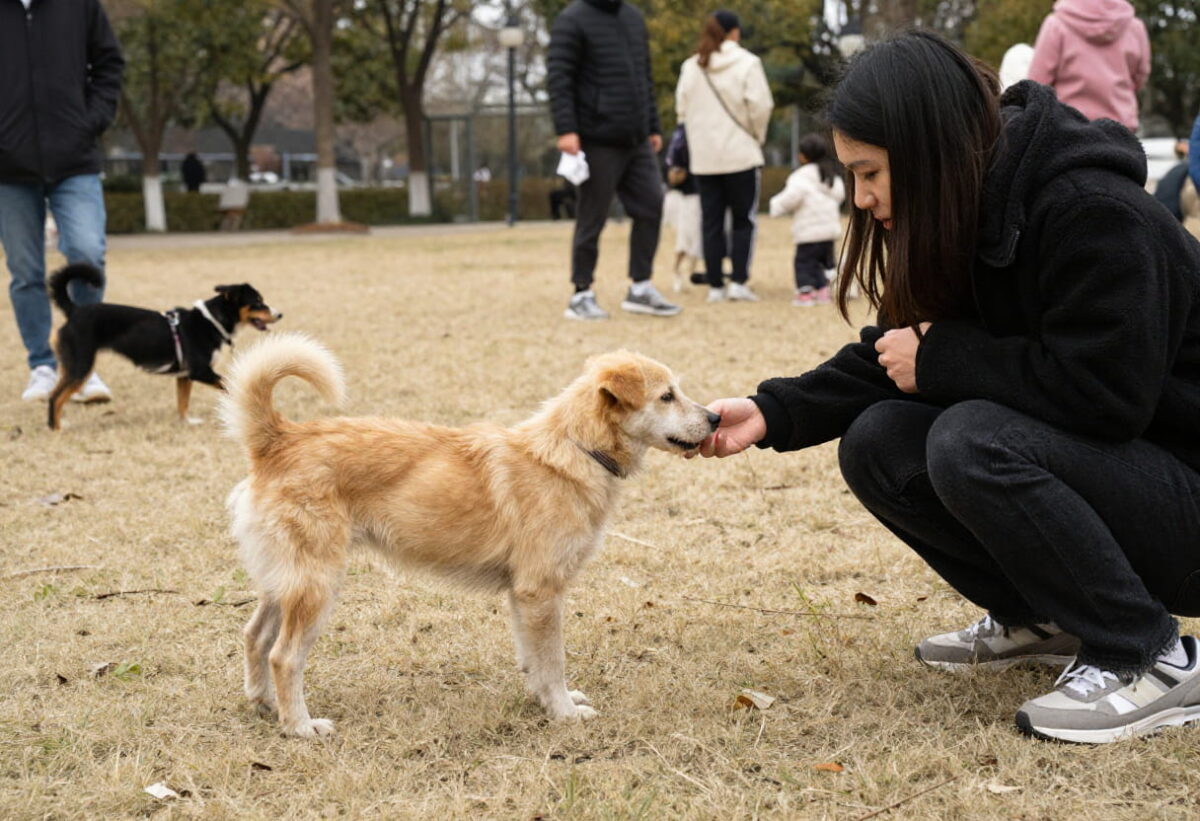Bolzano Dog Tax 2026 Managing Tourism and Pets

In recent years, many tourist destinations worldwide have adopted techniques to manage over-tourism and protect local communities. Bolzano has now joined this trend with the Bolzano dog tax 2026, requiring pet owners to pay a daily fee to visit the city with their dogs. Known for its ancient cities, rich culture, and beautiful towns, the city’s new tax has sparked widespread debate.
This is a clear, strange move to address the increasing tourists and their pets, which, according to officials, are creating more pressure on public spaces, cleanliness, and infrastructure. Reportedly, it will cost the dogs entering Bolzano 1.50 (around 156) a day.
Why Is Bolzano Introducing This Tax?
Bolzano, surrounded by the Alps, attracts tourists and business travelers from Italy and around the world to the South Tyrol region of northern Italy. Thousands of tourists come to the city annually to enjoy the natural beauty and hiking routes, as well as the cultural sites in the city. But as more people come in, so do the problems- particularly pets that come with their owners.
According to local authorities, the tax is not punitive to the dog owners, but is to provide better maintenance of public hygiene, control the higher cost of cleaning, and support the infrastructure of the city. Tourism experts say overtourism affects not only people but also pets. This keeps the meaning intact, avoids passive voice, and makes it more direct.
Estimated Revenue from the Dog Tax
This measure could bring about an annual income of more than 100,000 (10,400,000) to the city, according to the officials. Officials anticipate using these funds for the civic good, such as creating dog-friendly areas, improving garbage collection, and enhancing amenities for tourists and residents. The revenue will also support veterinary assistance, community education, and better pet waste management.
Comparisons with Other Tourist Taxes
The city of Bolzano will not be the first one to issue taxes on tourists. European countries and cities have already introduced tourist taxes, where tourists are forced to pay an additional amount of money to stay in their respective countries. For example:
- Tourists in Venice, Italy, are charged an entry fee per day to aid in managing the heavy tourist flow.
- In other destinations in Europe, like Barcelona and Paris, they charge tourist accommodation tax to regulate their facilities.
Nevertheless, the initiative by Bolzano is unique since it is oriented at particular dogs who accompany tourists. It is considered to be controversial and unique.
Opposition and Debate
The action has left a mixed reception. There are also claims by animal lovers and certain dog owner associations that such a tax is not fair because responsible pet parents do take proper care of their dogs. They worry this may deter tourists with pets, as those travelers might avoid the area.
In turn, residents and environmental groups support the initiative. They argue that easing congestion in outdoor spaces, especially parks, hiking trails, and open-air areas, is necessary, as these places usually fill with pets during peak travel seasons.
According to tourism analysts, this would also result in a broader debate in other tourist-intensive cities with similar problems.
A Growing Trend in Tourism Management
The announcement also highlighted the global trend of sustainable tourism management. Cities worldwide struggle with overtourism. Governments are exploring solutions like limiting tourist numbers or introducing greener taxes.
Bolzano’s government hopes the measure will balance tourism and community well-being. Local authorities may introduce fines for non-payment to ensure compliance.
Final Thoughts
In 2026, Bolzano city will impose a daily dog tax of €1.50 to better manage tourism. Dog owners and the local government continue to debate the issue. The city’s success will depend on how well it implements and communicates the strategy.
In case of success, Bolzano can act as an example to other tourist destinations with similar problems. What is evident is that the policies of tourism are changing, and sustainability has not only people but also pets.





